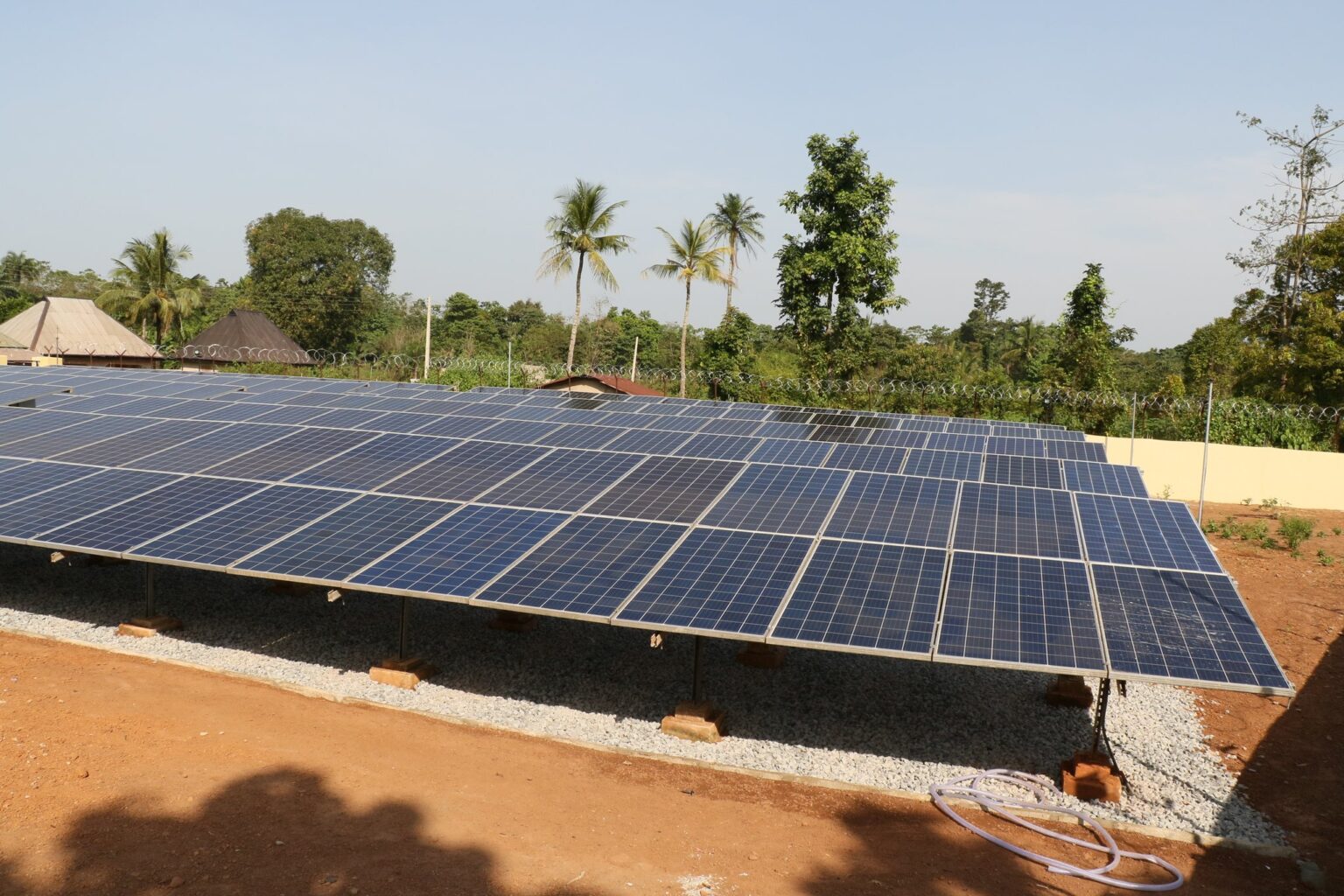- The project will benefit over 17.5 million unserved, underserved, rural, and remote Nigerians through the deployment of standalone solar and mini-grids.
- The initiative will replace over 280,000 polluting and expensive petrol and diesel generators, helping Nigeria to achieve energy transition targets.
- Under the project, up to 237,000 small businesses will access reliable and clean electricity for productive uses.
The International Development Association (IDA) is readying a credit of $750 million from the World Bank’s fund for poor nations to support clean energy initiatives in Nigeria.
The goal is to enhance electricity access to roughly 17.5 million people in Africa’s most populous nation, addressing the critical need for improved power infrastructure and sustainability in the country.
Founded in 1960, IDA offers grants and loans with low to zero-interest rates to support projects and programs aimed at enhancing economic growth, alleviating poverty, and enhancing the well-being of poor populations. Serving as a major provider of aid, IDA extends its assistance to 76 of the world’s poorest nations, with 39 of them in Africa.
The World Bank funded Nigeria Distributed Access through Renewable Energy Scale-up – DARES project
The World Bank said the Nigeria Distributed Access through Renewable Energy Scale-up (DARES) project will leverage over $1 billion of private capital and other financing from development partners, including $100 million from the Global Energy Alliance for People and Planet and $200 million from Japan International Cooperation Agency.
“It will benefit over 17.5 million unserved, underserved, rural, and remote Nigerians through the deployment of standalone solar and mini-grids and replace more than 280,000 polluting and expensive petrol and diesel generator sets, an important step for Nigeria towards achieving its energy transition targets,” explained Shubham Chaudhuri, the World Bank Country Director for Nigeria.
The program will also benefit from collaboration with various development partners, including the United States Agency for International Development (USAID), the German Development Agency (GIZ), SEforAll, and the African Development Bank (AfDB).
In 2021, more than 85 million Nigerians were without access to electricity. Businesses and households connected to the national grid encountered unreliable and insufficient power supply, leading to a reliance on expensive and environmentally harmful petrol and diesel generator sets to bridge the energy gap.
In its efforts to narrow the access gap, DARES project will build upon the successes of the country’s Electrification Project (NEP), also funded by the World Bank. NEP has facilitated the development of 125 mini-grids and the distribution of over a million Solar Home Systems.
Read also: The Dangote oil refinery will transform Nigeria’s energy sector
Over 230,000 small businesses to gain access to reliable energy
Through these initiatives, over 5.5 million Nigerians have gained access to electricity. Additionally, NEP has contributed to the establishment of over 5,000 local green jobs in the private sector in the west African country.
“Through the DARES project, Nigeria will be able to provide up to 237,000 MSMEs with reliable and clean electricity for productive uses that will help improve their potential to generate income and create local jobs,” added Shubham.
What’s more, the DARES initiative seeks to empower the government to centrally manage and finance all off-grid electrification programmes. It will also facilitate state access to technical support for enhancing institutional capacity and formulating policy frameworks specifically for rooftop solar projects.
A key focus of the program involves prioritizing gender and inclusion, leveraging the gender-related initiatives pioneered by NEP. This includes facilitating electricity access for marginalized female-headed households and women-led micro, small, and medium enterprises (MSMEs). Moreover, DARES will implement measures to enhance women’s employment opportunities within the energy sector, the World Bank noted.
“These initiatives not only unlock the full potential of the off-grid sector but also fuel investments, propelling forward clean energy solutions,” said the Minister of Power in Nigeria, Chief Adebayo Adebalu. “The ripple effect reaches unserved and underserved communities, unlocking access to a realm of clean and equitable energy for all. It’s a powerful journey of empowerment and transformation”.

